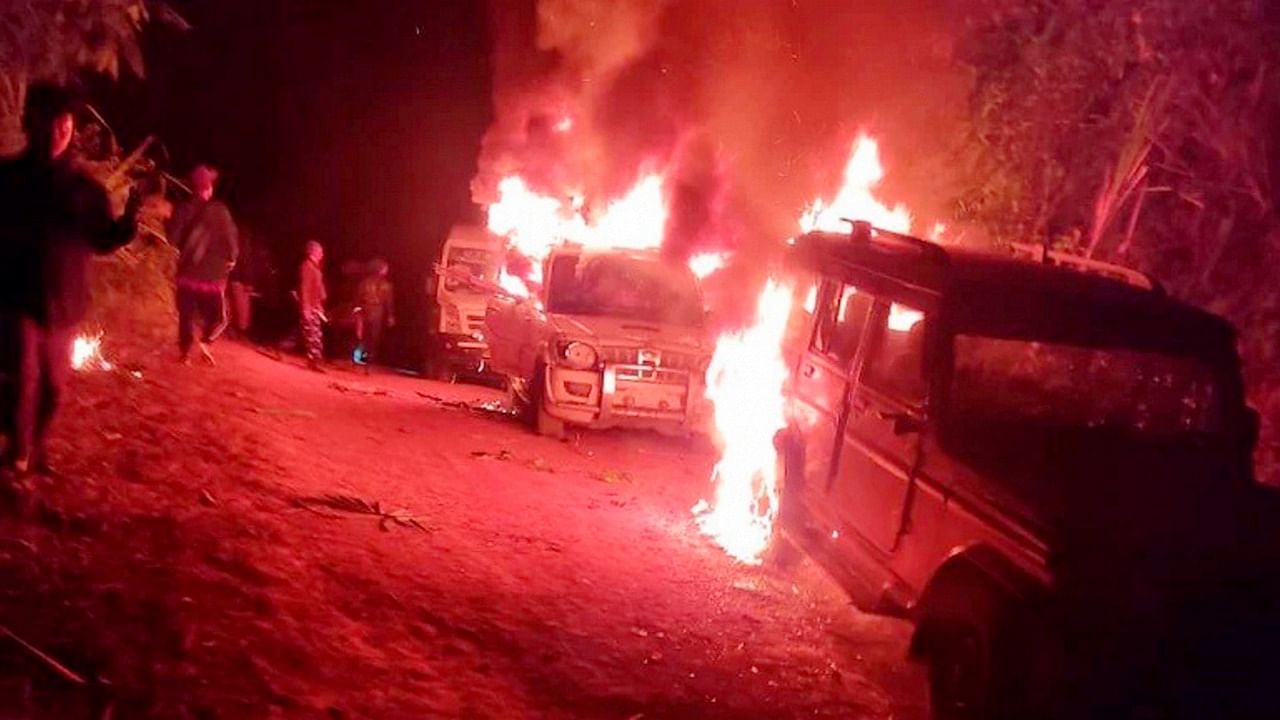
Nobody expected the Union government to give the go-ahead for the prosecution of 30 army men duly investigated and charge sheeted by the Special Investigation Team (SIT) of the Nagaland Police for gunning down 13 civilians in Mon district’s Oting village on December 4, 2021.
In mid-April — as anticipated — the Department of Military Affairs in the Ministry of Defence, vetoed the trial of Major Ankush Gupta and 29 other soldiers under his command for murder under Section 302 of the IPC in a sessions court, invoking the provisions of the much-abused Armed Forces Special Powers Act (AFSPA) which shields India’s military and paramilitary from the law of the land.
The denial of permission to Nagaland to bring the guilty to book in the Oting massacre was on expected lines because since AFSPA’s birth in 1958 the Centre has not allowed the police to prosecute armed forces personnel in a criminal court for their questionable acts while on duty. That said, it is necessary for the ruling Bharatiya Janata Party (BJP) to take certain corrective steps in its own interest.
There are international ramifications if justice is not delivered. The Northeast region shares its borders with at least four countries, China included, and this gives inimical external forces sufficient scope to foment trouble here.
The BJP has too much at stake to not take remedial action. Since 2014, it has gradually evicted the Congress from power across the region. Currently, four out of the seven states have BJP chief ministers, while in Nagaland and Meghalaya the BJP is a constituent of the ruling coalition.
Last month, Prime Minister Narendra Modi attended the swearing in ceremony of the National Democratic Progressive Party (NDPP)-BJP government in Kohima. Also, the BJP was an NDPP ally in the government when the Oting massacre took place.
Lifting AFSPA and negotiating peace accords with insurgent groups and convincing them to lay down arms has been one of the BJP’s major electoral planks for gaining acceptance in the region. AFSPA has been lifted from two states — Tripura and Meghalaya — and there has been a sharp reduction in ‘disturbed areas’ in other states, including Nagaland, resulting in removal of AFSPA from many districts.
Unfortunately, Mon is still a notified ‘disturbed area’, and, therefore, not an AFSPA-free district — and thus the armed forces enjoy immunity from the IPC.
It is imperative for the Modi regime to strike a balance between the military and civilians. In its own interest, the BJP must, therefore, ensure that the Court of Inquiry (CoI) instituted by the Indian Army after the Oting massacre is fast-tracked, and the accused are given exemplary punishment.
The proceedings of the CoI are exempted from the Right to Information (RTI) Act on grounds of national security. However, the secrecy inevitably raises doubts and fuels suspicions of cover-ups. An exception should be made in the case of the Oting massacre, and the CoI proceedings and outcome should be made public.
New Delhi should tread with caution and deal sensitively with public sentiments in Nagaland. Prior to the 1997 ceasefire with the NSCN (IM), the army suffered high casualties in the Northeast — especially in Nagaland — just like Jammu & Kashmir. Since then, peace has been meticulously restored. Any unrest now will impact the Modi government’s Act East Policy. Unless there is peace, the Northeast cannot be integrated with South-east Asia through roads, railways, waterways, trade, and commerce.
It is clearly in India’s national interest that the Northeast keeps calm and carries on.
(SNM Abdi is former deputy editor, Outlook.)
Disclaimer: The views expressed above are the author's own. They do not necessarily reflect the views of DH.